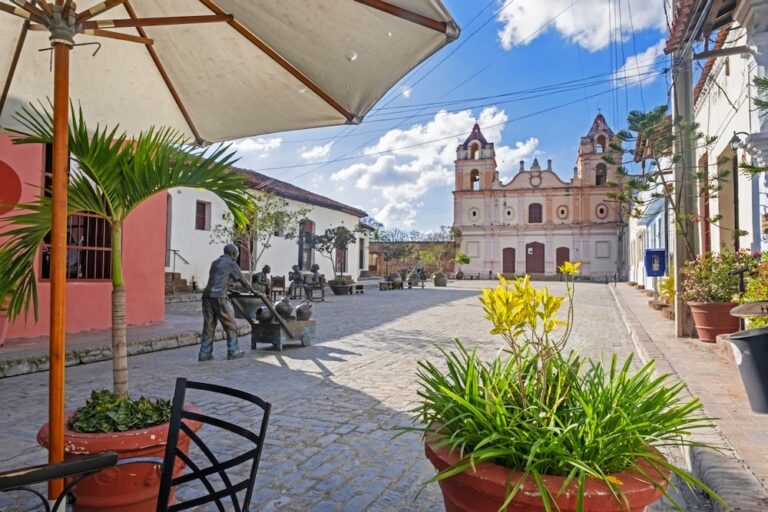(RSF/IFEX) – In a letter to Minister of the Interior Abelardo Colomé Ibarra, RSF protested the state security police’s harassment of members of the Manuel Márquez Sterling Journalists’ Association, which is not recognised by the authorities. The association offers journalism courses to independent journalists. “The government cannot criticise independent journalists for allegedly not being trained […]
(RSF/IFEX) – In a letter to Minister of the Interior Abelardo Colomé Ibarra, RSF protested the state security police’s harassment of members of the Manuel Márquez Sterling Journalists’ Association, which is not recognised by the authorities. The association offers journalism courses to independent journalists. “The government cannot criticise independent journalists for allegedly not being trained while at the same time banning the association from offering journalism courses to its members,” said RSF secretary-general Robert Ménard.
RSF asked the minister to “put an end to the state security police’s harassment of members of the Manuel Márquez Sterling Association” and “recognise the association as a legal entity.”
According to information gathered by RSF, on 21 March 2002, state security police officers prevented the association’s journalism classes in Havana from going ahead. Three independent journalists, Jorge Olivera Castillo, Dorka Céspedes Vela and Omar Rodríguez Saludes, were stopped on their way to the home of Ricardo González Alfonso, the association’s president. Two other journalists, Carmelo Díaz Fernández and Victor Manuel Domínguez García, already at González Alfonso’s home, were intercepted as they left by a policeman who warned them the classes were illegal. Later that night, association member Iván García Quintero was interrogated by two state security police officers about the association’s activities. He had previously been summoned by police to answer the same questions on 10 October 2001.
Similar incidents took place in late October when nine journalists were warned by the authorities not to attend the courses or help organise them (see IFEX alerts of 1 November and 25 October 2001). However, according to a representative of the Manuel Márquez Sterling Association, there is nothing in the country’s penal code that outlaws the freedom to teach.
In Cuba, where the constitution stipulates that “freedom of expression and the press” must “conform to the objectives of a socialist society”, only the official press is authorised. Some 100 independent journalists, grouped into about twenty news agencies that are not recognised by the state, are continually harassed. As a result, since 1995, about fifty journalists have had to leave the island.


